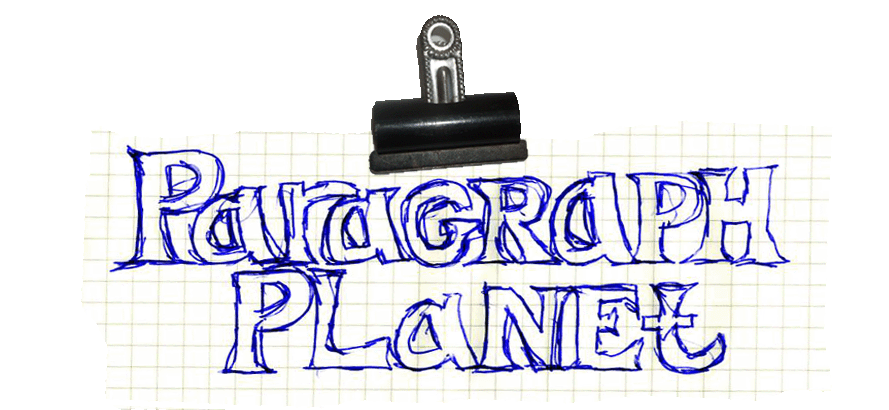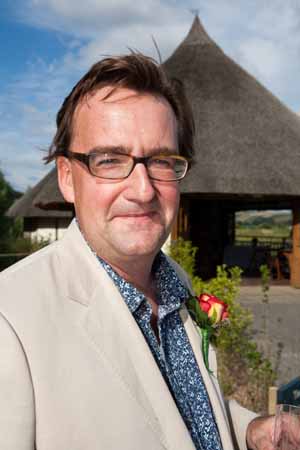









on


MARK PETERSON
 It’s my first book so right now I’m very, very nervous about its reception. Flesh and Blood is a crime story. It begins with an undercover drugs sting that goes spectacularly wrong. “By turns gripping, shocking and poignant,” it says on the front cover. Flesh and Blood set in Brighton. There’s a scene at the racetrack which is a nod to Brighton Rock.
How did the book change over successive drafts?
It’s my first book so right now I’m very, very nervous about its reception. Flesh and Blood is a crime story. It begins with an undercover drugs sting that goes spectacularly wrong. “By turns gripping, shocking and poignant,” it says on the front cover. Flesh and Blood set in Brighton. There’s a scene at the racetrack which is a nod to Brighton Rock.
How did the book change over successive drafts?
How didn’t it change, you mean! The crucial edits were the last two, both of which were done with my editor at Orion. “Crystallise the story,” she said. “What’s it really all about?” The work of the last draft was to sharpen the lead character, Minter. He isn’t your stereotypical “divorced-forties-drink problem” detective. Minter is twenty six when Flesh and Blood begins. The secrets of his birth and childhood unfold with the series. What's you favourite part of the writing process?
When you look up and three hours have gone by and you haven’t noticed. Your fingers fly over the computer keys like they were a piano….Then you read it back and it sounds like a cement mixer! Who are your influences?
I love the hard-boiled style, which is a good thing in a crime writer because that’s the default setting. Hemingway gave it to Chandler who gave it to the world. I suppose another touchstone was TV series The Wire. I loved that for the way it added up to a complete portrait of a particular time and place. How important is the internet to a writer?
I’m sorry to say I’m not on Twitter or Facebook but I use Google an awful lot. Research is very important in crime to create a sense of realism, although often there’s no substitute for the real thing so I talk to a few serving police officers. I’m dipping my toe in the water with a blog called themanwholikedcoffee.wordpress.com . Have you any tips for budding writers?
“Kill all your darlings,” is one piece of advice that stuck. It always seems to be the phrase you’ve written that you like the most which, in the end, has to be cut. I think it’s similar to the way they used to tell journalists to write their story then go back to the beginning and cut the first paragraph. For Flesh and Blood the painful bit was losing two complete characters and an entire sub-plot. But they had to go for the sake of the story. Click here for Mark's blog. Click here for Mark's page on the website of Orion books.
